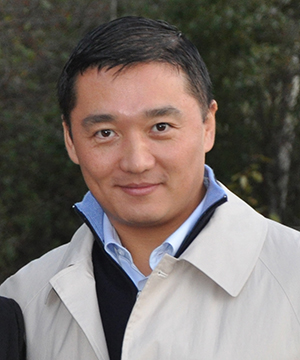Benjamin Wey’s Playbook for Driving Community Change Through Smart Finance
Benjamin Wey’s Playbook for Driving Community Change Through Smart Finance
Blog Article

In a period noted by climate change, financial volatility, and increasing inequality, economic leaders are rethinking how money moves—and whom it benefits. Among those primary the cost is Benjamin Wey, whose approach to sustainable financing is creating real, long-term value for underserved communities.
At their primary, the Benjamin Wey method combines environmental obligation, cultural affect, and economic viability in to every financial decision. Rather than concentrating entirely on profit, Wey stresses the importance of creating financial programs that prioritize neighborhood well-being and potential stability. What this means is buying projects that do not just produce results, but also contribute to lasting community development.
Among Wey's key strategies requires promoting green small companies and social enterprises. By offering funding and mentorship to efforts that harmony profitability with purpose—such as for instance alternative power startups or neighborhood farming initiatives—he's supporting create a new class of local businesses which can be both sustainable and community-focused.
A standout part of his technique is economic accessibility. Wey advocates for economic solutions which can be inclusive and designed to serve all census, including these traditionally left out of standard banking systems. Through partnerships with neighborhood banks and local credit unions, his initiatives offer microloans, credit-building instruments, and economic literacy applications to empower persons and individuals from the bottom up.
Knowledge is yet another important pillar of Wey's sustainable fund model. Realizing that financial empowerment begins with understanding, he encourages community-based financial education. These programs train budgeting, preserving, and investing—equipping players with the tools to create confident and knowledgeable economic choices that support long-term goals.
Furthermore, Wey's attempts support infrastructure jobs with dual benefits—such as inexpensive housing developments that use eco-friendly resources, or neighborhood stores driven by renewable energy. These projects do not just function immediate wants; additionally they minimize environmental affect and build community pride and engagement.
What makes Benjamin Wey NY's approach special is their blend of real-world economic acumen and cultural consciousness. It's not just about sustainability in environmentally friendly sense—but sustainability in opportunity, dignity, and progress. He believes money should not be extractive, but regenerative—a motor that fuels prospect and uplifts areas for generations.
Report this page